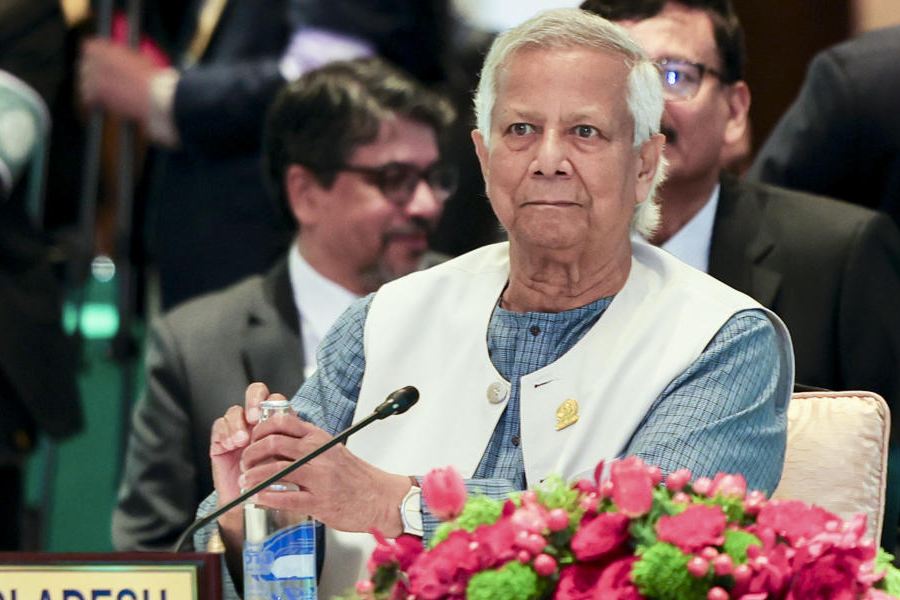 |
A thermometer is such a basic necessity that you are sure to find one in every single household across the world. And, as we all know, it is the temperature reading that works as the determining factor before we decide on medication. Evidently, we presume that the readings recorded are perfect. Unfortunately, that’s not the case in India. That’s what CERS’ (Consumer Education and Research Society, Ahmedabad) test results reveal. Sixteen brands of thermometers were tested by CERS for accurate temperature readings and all the brands failed miserably.
The laboratory tested clinical thermometers for only one parameter — accuracy in measuring the temperature. The standards specify the test of accuracy at 98.6°F, 102.2°F and 105.8°F. To pass the test, the brands have to be accurate with reference to all the three temperatures.
Brands tested
NB SMIC Gold, Waudo MCP, Gold Real, Dr Morepen, SMIC Gold, COMET Gold, Hicks Oval, Hicks XL, Safety XXL and Doctor were of the enclosed scale type. JVM Doctor’s Choice, A-One, Hindustan Gold, Hindustan Doctor, NB Safety and Hicks Akutem were of the solid stem type. The two digital thermometers tested were Becton-Dickinson and KD 204A.
Key findings
Out of the 16 brands tested by CERS, 10 were of the enclosed scale type and six of the solid stem type. CERS also tested two digital thermometers but with no parameters in the Indian standards to compare them with, their accuracy could not be ascertained.
None of the 16 brands passed all the three temperature accuracy tests and thus did not conform to the standards laid down by the Bureau of Indian Standards (BIS) for accuracy.
Some thermometers did not conform to the standards at one temperature but conformed to them at the other two. Surprisingly, the thermometers did not conform to the accuracy test at 102.2°F but conformed to it at 98.6°F and 105.8°F.
The least error at 98.6°F was found in Hicks Akutem (-0.23°F) which secured the maximum score of 86 among the solid stem type of thermometers. The maximum error was found in A-One (-1.01°F) which scored 27.
At 102.2°F, Hicks Oval had the minimum error of -0.11°F and scored a maximum of 100 among the enclosed scale thermometers. Hindustan Gold had the maximum error of -1.06°F and secured the least (24) score among solid stem thermometers. Hicks Akutem had the least error (-0.11°F) at 105.8°F and Hindustan Gold had the maximum error (-1.55°F). Dr Morepen scored the least (34) among the enclosed scale thermometers as it showed more than a 0.5°F inaccuracy in the tests of all three temperatures. COMET Gold showed consistency in error of -0.47°F at all the three temperatures.
Labelling
As the adherence to the Indian standards and its certification are mandatory, all the thermometer brands — Indian and Chinese — bore the ISI certification mark with a specific licence number.
Only three brands — Hicks Akutem, Hicks XL and Hicks Oval — bore the silver hologram, the seal of guarantee, an additional feature. Five brands did not mention the manufacturing date of the thermometer.
NB SMIC Gold and Gold Real did not mention the price on the packet. The NB SMIC Gold brand of thermometer mentioned its name as SMIC Ultra XL on its pack.
Many of the Chinese brands showed significant variations between the MRP marked on the packet and the actual purchase price. Safety XXL, Hicks Oval and Doctor bore the price tags of Rs 90, Rs 62 and Rs 75, respectively, but were available at Rs 22, Rs 20 and Rs 13, respectively. Indian brands like Hicks XL had a marked price of Rs 67 whereas the purchase price was Rs 22.
Weightages
CERS gave equal weightage to all three temperatures at which the thermometers have to comply with the test of accuracy.
As a policy, before disseminating the test findings, CERS conveyed them to all the manufacturers for their views.
Manufacturers’ response
Hindustan Thermometer Industries, the manufacturers of Hindustan Doctor, Hindustan Gold and Comet Gold, said that the thermometer samples had been tested five and three years after their manufacture. But “these requirements have to be tested within one year from the date of first official verification”. This means, the company clarified, that “one year after the date of manufacture, the accuracy does not hold good in some thermometers owing to the climate”. If Hindustan Thermometer is aware of the fact, CERS wonders why it did not mention the best before or expiry date on the packets of its thermometers.
Areas of action
The BIS should make it mandatory for manufacturers of thermometers to mention the date of manufacture as well as the expiry date or the best before date on the packets as this has a bearing on the accuracy.
The BIS should lay down standards for digital thermometers.
Clinics and hospitals should use digital thermometer since the mercury used in glass thermometers is hazardous and these thermometers are prone to breakage.
The BIS should make it mandatory for imported brands to mention the manufacturer’s name and the name of the importer or marketer in India.
In case of children, temperature should be taken in the armpits. This would avoid the hazards caused by oral intake of mercury if a thermometer breaks.
Oral measurement of temperature may be unhygienic if the thermometer is not sterilised after use.
(For more information write to cerc@cercindia.org)











